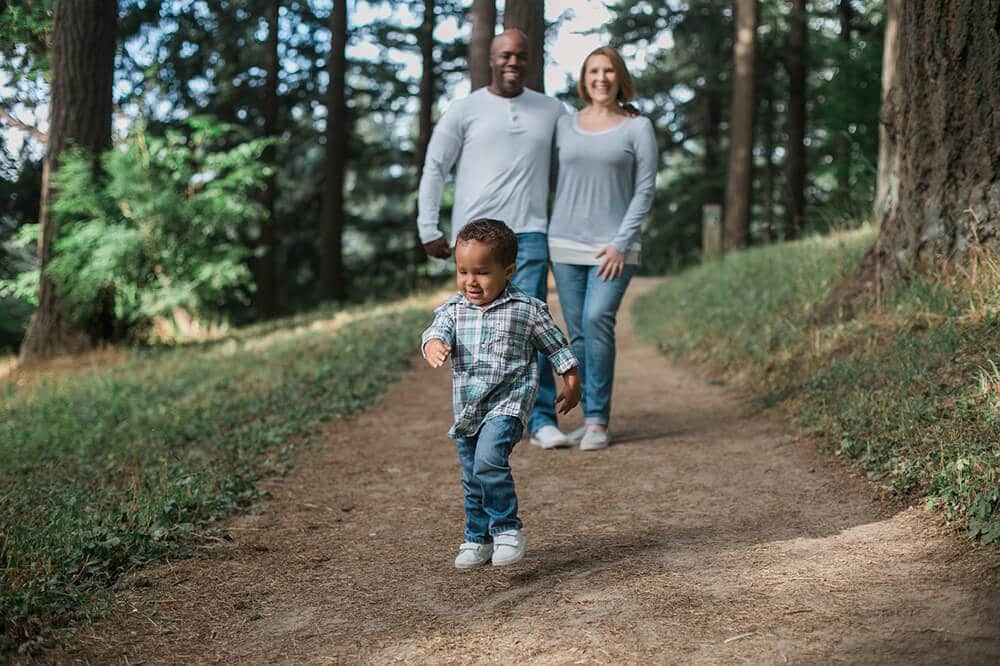Tips to Protect You and Your Loved Ones During the COVID-19 Pandemic
On March 31, Governor J.B. Pritzker announced that Illinois’s stay-at-home order is extended until at least the end of April in an attempt to stop the spread of COVID-19. For many residents, this means hunkering down at home and doing their part to flatten the curve. For others, it means being on the frontlines and working in hospitals and other medical facilities to care for those who are ill.
No matter your circumstance during this trying time, let’s take a look at some tips to protect you and your loved ones during the COVID-19 pandemic. It’s important to note that information related to the virus changes daily. As such, everything discussed below is accurate as of April 2, 2020. Refer to local and federal health organizations for the most up-to-date information.
Daily Life and Coping During the Pandemic
As a family unit, it’s important to plan and make decisions on how you will protect yourselves during the COVID-19 pandemic. Because information changes so rapidly, it can be overwhelming to decide how to act. Fortunately, the Centers for Disease Control and Prevention (CDC), has developed a list of helpful guidelines for how to handle things on a day-to-day basis.
It’s important to stay informed and in touch. This means getting up-to-date information about local COVID-19 activity from public health officials. It’s important to only get information from credible sources. In addition to that, you will need to consider preparing for possible illnesses. While social distancing and staying home will help you avoid the coronavirus, it’s possible you or someone else in your household could get sick during this time. Be ready to handle illnesses, especially if you have older adults or people with severe chronic illnesses in your home.
It’s important to remember that your mental health is just as important as your physical health. Everyone reacts differently to stressful situations and responses are often dependent upon a person’s background and the community they live in.
To take care of yourself, your family, and your friends, there are a number of coping methods to consider implementing. For example, take breaks from the news and social media, remember to take care of your body by eating a well-balanced diet and moving regularly, and connect with others. Whether by phone or online, talk with the people you trust about your concerns and how you are feeling.
Best Practices for Preventing COVID-19 Infection
In order to prevent getting sick, there are a number of steps individuals and households can take to reduce the risk. For starters, it’s important to understand how the virus spreads. COVID-19 is thought to spread mainly from person-to-person through respiratory droplets when an infected person coughs or sneezes. This is why it’s important to maintain approximately six feet of distance between one another.
It’s important to wash your hands often. This means with soap and hot water for at least 20 seconds. You should do this after you have been in a public place, or after blowing your nose, coughing or sneezing. Teach children proper handwashing methods and remind older adults to wash their hands regularly. In the event soap and water is not available, hand sanitizer containing at least 60% alcohol is an acceptable alternative.
To protect those around you, take the following steps:
- Stay home if you’re sick.
- Cover your mouth and nose with a tissue when you cough or sneeze. If a tissue is not available, use the inside of your elbow.
- If you are sick, wear a facemask when you are around other people. At the moment, those who are not sick do not need to wear facemasks unless caring for someone who is ill. Facemasks are in short supply all across the country and should be saved for caregivers and healthcare workers.
- Clean and disinfect frequently touched surfaces daily. Commonly touched surfaces include tables, doorknobs, light switches, countertops, handles, desks, phones, keyboards, toilets, faucets, and sinks.
What to Do If You Develop Coronavirus Symptoms
If you believe you have been exposed to COVID-19 and you develop symptoms like coughing, fever, or difficulty breathing, call your health care provider for medical advice. Do not go to the emergency room, hospital, or doctor’s office without being medically advised to do so. Not only could you put yourself at risk of worsening your infection, but you could put others at risk of contracting the virus.
Depending on your symptoms and medical history, your physician may recommend a COVID-19 test. If that’s the case, follow their instructions and wait to receive your diagnosis. If you test positive, they will advise you with what steps to take next. Most likely, you will be told to stay home and isolate yourself from others in your home. If you have to leave your home, you will likely be told to wear a face mask. Practice good hygiene methods as discussed above.
While most COVID-19 patients only experience mild symptoms, there are cases where more serious symptoms occur. If you experience trouble breathing, call your doctor or the emergency room and describe what’s happening. If they direct you to the hospital, follow their instructions and you will likely be admitted upon arrival.
In all situations, remember to follow the guidance of your healthcare provider and local health department. With an event as unprecedented as this, it’s understandable for people to experience, fear, anxiety, and distress. If everyone works together during this difficult time and takes the proper precautions as recommended by state and federal governments, we will be able to return to our normal lives in the near future.











